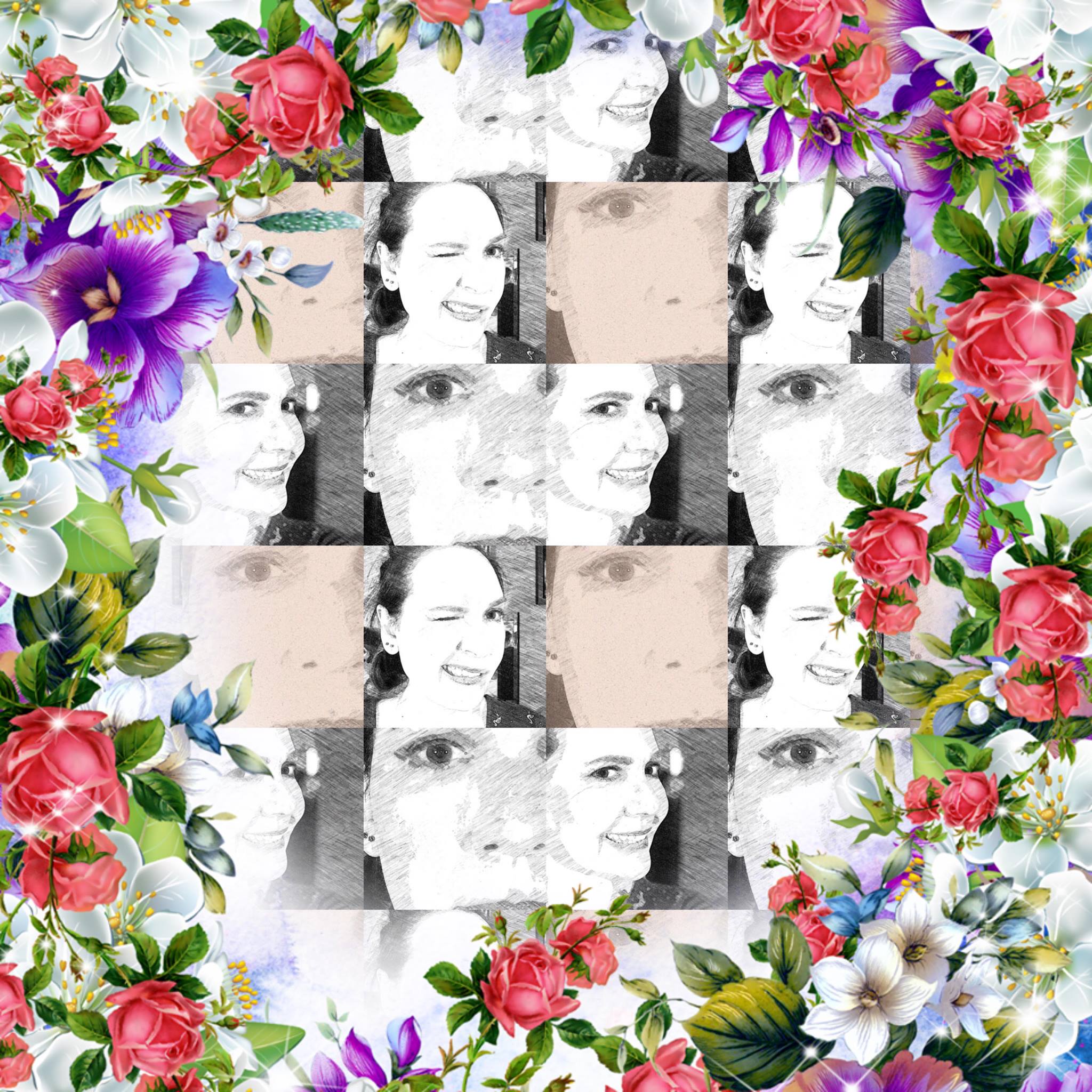If you are looking to find joy in your career, this essay may help give you perspective. Read on to find out how a Hobbit made all of the difference…
by Lisa Montagne
When I was eight or nine years old, I read The Hobbit. Even though I was so young, it set the course of my life. The Hobbit was to me what Harry Potter is to the millennial generation. The Hobbit took me to an alternative world where there were lush and dangerous landscapes, whimsical Hobbit holes and elevensies, romantic heroes fighting interesting evil creatures, an exciting journey far from home, and a tiny under-dog who suffered and triumphed. This book whisked me away from the reality of bullying at school, and angry voices rattling their way down the hall from my parents’ room. After The Hobbit, I read the entire Lord of the Rings trilogy. And then, I read CS Lewis’ The Chronicles of Narnia series, Madeleine L’Engel’s A Wrinkle in Time—and countless other books that inspired me. The result of all this reading, sparked by the magic of The Hobbit, was that I wanted to be a writer–and perhaps even a university English professor, just like Tolkien and Lewis. I wanted to be able to take people to an extraordinary place away from the mundane, but mostly I wanted to share with others something that is still difficult to articulate; the best that I can do is this: I wanted others to feel the magic that emanates from a written page just like I did—and just like I still do.
As I imagined my future at age eight or nine years old, I would be an Oxford don with a desk in an antique office that over-looked the tree-lined Thames. I would write, and I would contemplate, and then I would write some more— perhaps there would be a glass of Sherry on a side table near my typewriter. For some reason, students were not featured in my earliest scenarios of being a college professor, nor did I understand that novels had structural elements—or that Beowulf and other mythologies existed that served as some of Tolkien’s source material. What I really wanted, more than any thing, was the power to create and to invent like Tolkien and Lewis. I wanted to conjure that magic, too. Never mind that a) I was a little girl; b) I was a little girl who lived in semi-rural Ventura County, California, in the 1970s; and c) I was highly unlikely to ever have access to an education that would take me to Cambridge or Oxford, although Harvard or even Stanford would have done for me in a pinch. And I was (mostly) right about all of that. My sleepy suburb was as unlike Middle Earth, which was pretty much what I knew England must be like, as it could be. However, I did make it to Scotland for a summer at age 15 (without my parents), and I eventually did my study abroad semester at University College, Oxford. In reality, Britain was—of course—not Middle Earth, but it was close enough for me. Tolkien’s house was around the corner from my student digs in Oxford, and the Thames flowed nearby—where I went jogging and ended up on crutches for a few weeks, but that’s another story.
It took working as a house cleaner, a companion to a quadriplegic, a retail clerk, and a waitress to get my first college degree, but eventually I did get enough education to become an English instructor, first at high schools, and since 2002 in the California community college system. Needless to say, I do not get to ponder whimsical creatures and classical literature all day at a desk overlooking a picturesque river, nor I do not get the luxury of reciting Shelley and Keats to my piquant colleagues over glasses of Bordeaux in the college dining hall. But for the past 25 years, what I have gotten to do is to teach a very eclectic and diverse cohort of students to think about their values and contemporary issues, to research, to read, to collaborate, and to write their way into their futures. I also get to say an encouraging word to a kid who got kicked out of his house for being gay, to convince young women and first-generation college students that they have much of value to contribute to the world, and to cheer on older students who are back to finish their educations. It’s often not always easy to face grading another pile of essays, to muster up the energy to beguile students to class, or to be casually used and worn down by a labyrinthine and strained public education system. But, like Bilbo and Frodo after him, tiny but determined, I am on a daily journey there and back again—there is no viable alternative to pushing on. There’s still magic to be stirred up. I like to think that at least some of my students need me, and I like to think that I make a significant difference in their lives now and then. Sometimes I smile at the ambitions of my 8-year-old self, and sometimes I have regrets. But, I will never regret the influence that The Hobbit has had on my life. In his despair over World War II, W.H. Auden once wrote that art makes no difference and that the “world would have been the same if not a poem had been written, nor a picture painted, nor a bar of music composed.” Fortunately, I disagree.

